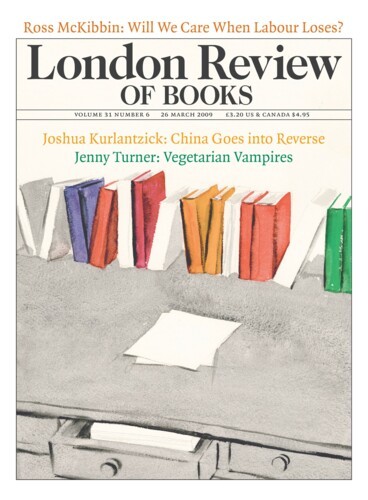In response to a recent upsurge in tit for tat strikes between Israel and the Palestinians in Gaza, Israel decided to ratchet up the violence even further by assassinating Hamas’s military chief, Ahmad Jabari. Hamas, which had been playing a minor role in these exchanges and even appears to have been interested in working out a long-term ceasefire, predictably responded by launching hundreds of rockets into Israel, a few even landing near Tel Aviv. Not surprisingly, the Israelis have threatened a wider conflict, to include a possible invasion of Gaza to topple Hamas and eliminate the rocket threat. There is some chance that Operation ‘Pillar of Defence’, as the Israelis are calling their current campaign, might become a full-scale war. But even if it does, it will not put an end to Israel’s troubles in Gaza.
John Mearsheimer
John Mearsheimer is the R. Wendell Harrison Distinguished Service Professor of Political Science at the University of Chicago.
A Pillar Built on Sand
John Mearsheimer, 8 November 2012
In response to a recent upsurge in tit for tat strikes between Israel and the Palestinians in Gaza, Israel decided to ratchet up the violence even further by assassinating Hamas’s military chief, Ahmad Jabari. Hamas, which had been playing a minor role in these exchanges and even appears to have been interested in working out a long-term ceasefire, predictably responded by launching...
In the wake of Vice President Joe Biden’s ill-fated trip to Israel last week, many people would agree with the Israeli ambassador Michael Oren's remark that ‘Israel's ties with the United States are in their worst crisis since 1975… a crisis of historic proportions.’ Like all crises, this one will eventually go away. However, this bitter fight has disturbing implications for Israelis and their American supporters. First, the events of the past week make it clear in ways that we have not seen in the past that Israel is a strategic liability for the United States, not the strategic asset that the Israel lobby has long claimed it was. Specifically, the Obama administration has unambiguously declared that Israel’s expansionist policies in the Occupied Territories, including East Jerusalem, are doing serious damage to US interests in the region. Indeed, Biden reportedly told the Israeli prime minister, Binyahim Netanyahu, in private: This is starting to get dangerous for us. What you’re doing here undermines the security of our troops who are fighting in Iraq, Afghanistan and Pakistan. That endangers us, and it endangers regional peace. If that message begins to resonate with the American public, unconditional support for the Jewish state is likely to evaporate.
The Lobby Falters: Charles Freeman speaks out
John Mearsheimer, 26 March 2009
Many people in Washington were surprised when the Obama administration tapped Charles Freeman to chair the National Intelligence Council, the body that oversees the production of National Intelligence Estimates: Freeman had a distinguished 30-year career as a diplomat and Defense Department official, but he has publicly criticised Israeli policy and America’s special relationship with Israel, saying, for example, in a speech in 2005, that ‘as long as the United States continues unconditionally to provide the subsidies and political protection that make the Israeli occupation and the high-handed and self-defeating policies it engenders possible, there is little, if any, reason to hope that anything resembling the former peace process can be resurrected.’
The Israel Lobby
23 March 2006
Read anywhere with the London Review of Books app, available now from the App Store for Apple devices, Google Play for Android devices and Amazon for your Kindle Fire.
Sign up to our newsletter
For highlights from the latest issue, our archive and the blog, as well as news, events and exclusive promotions.




